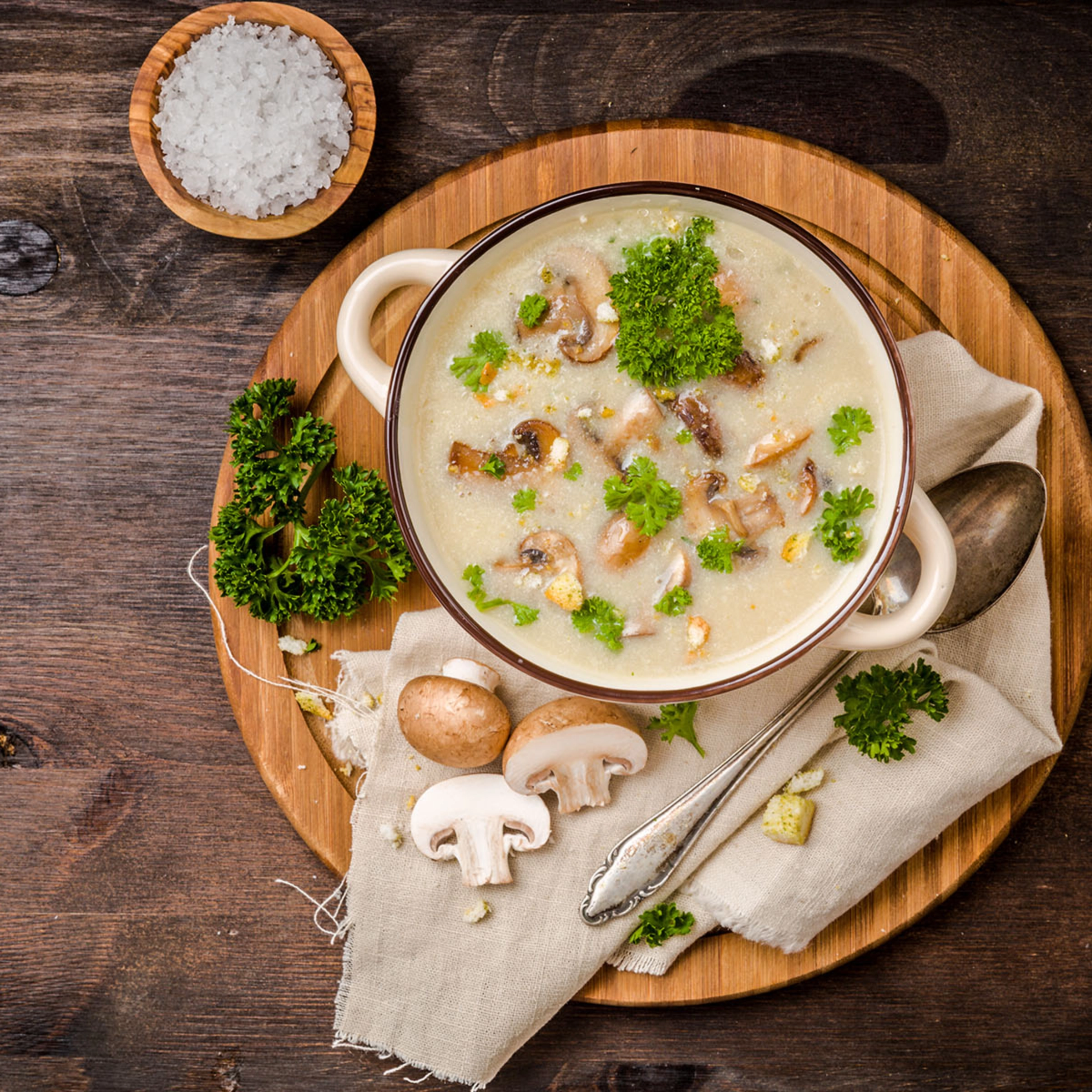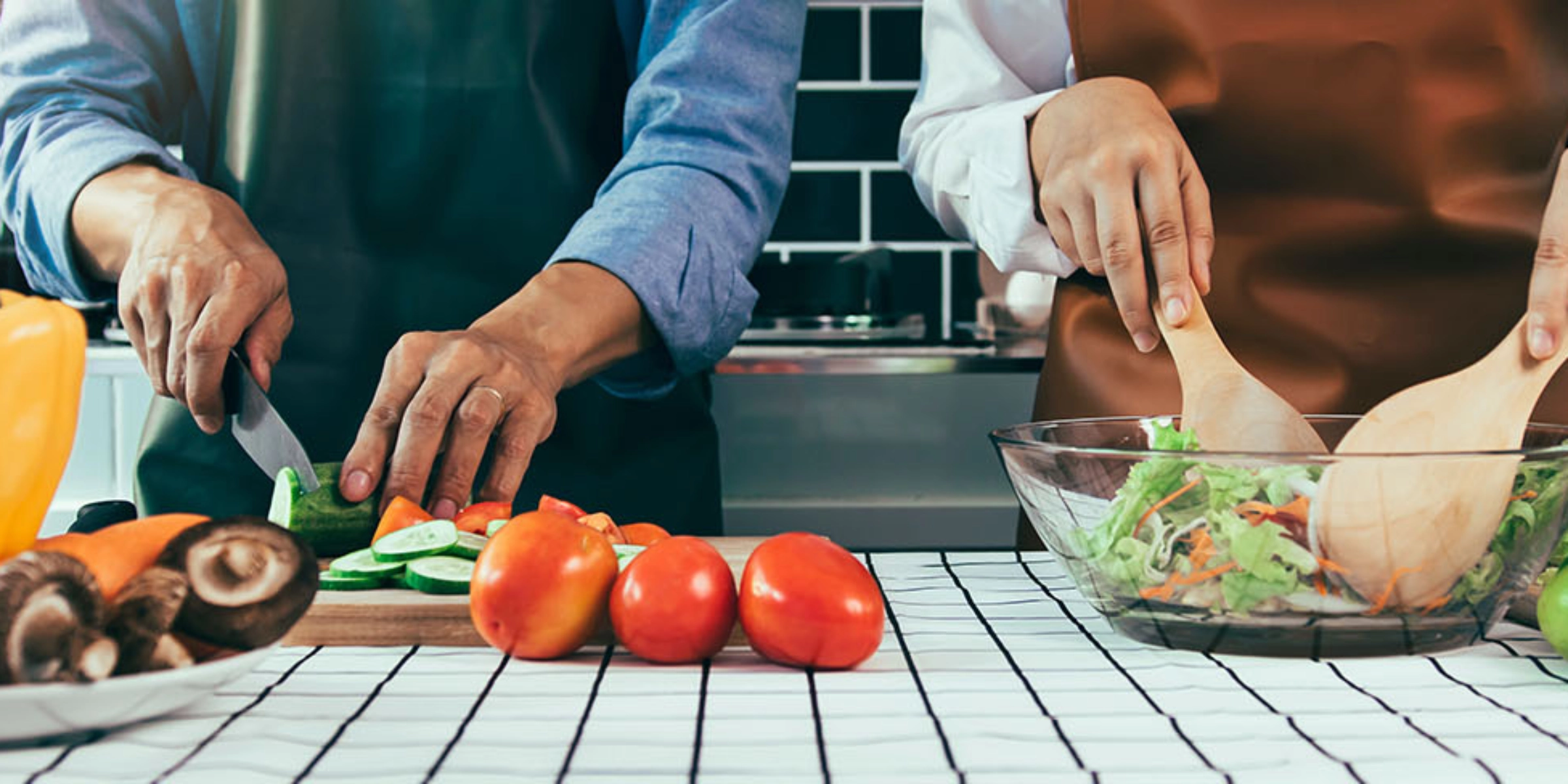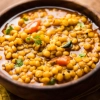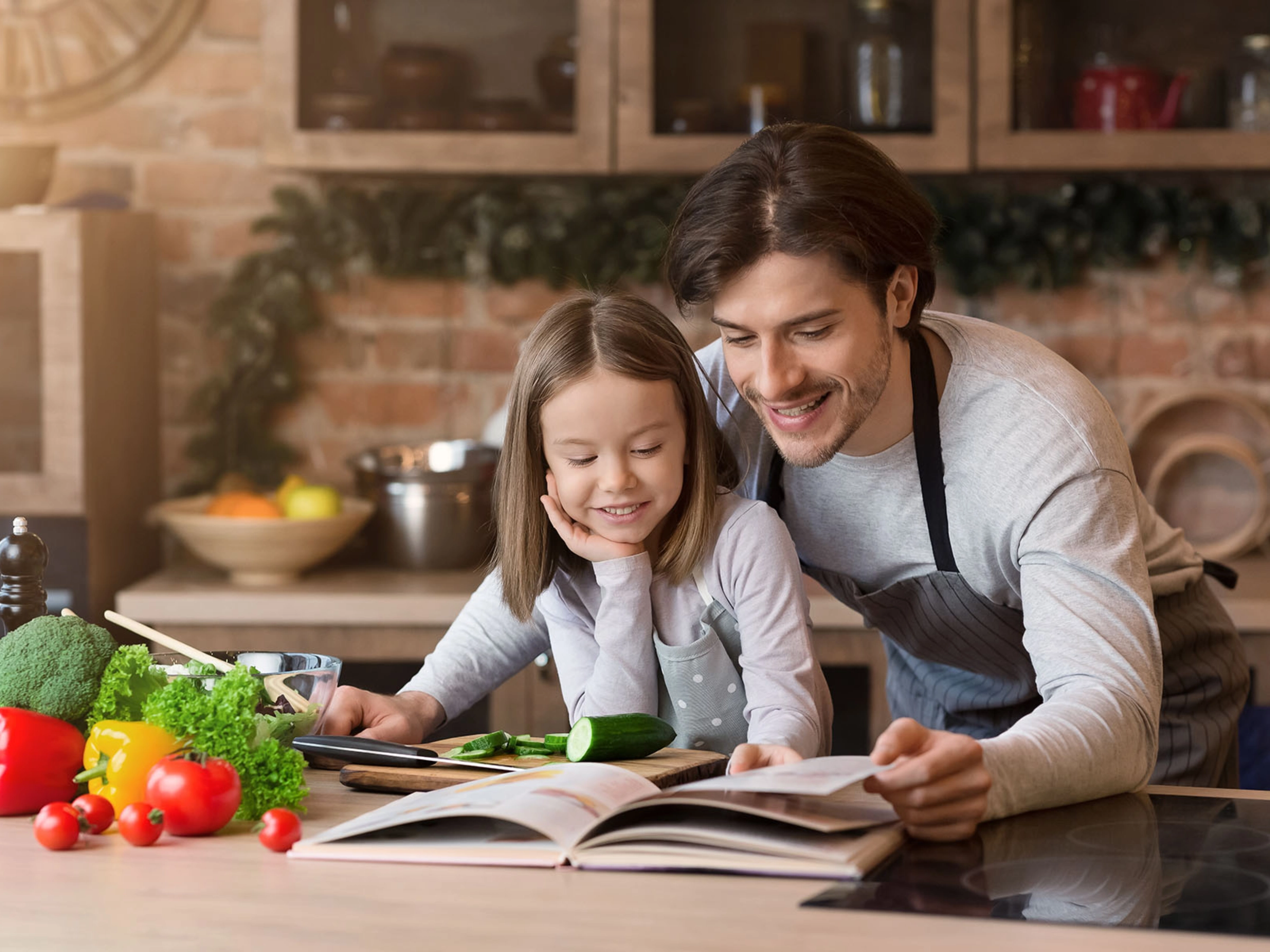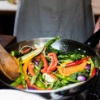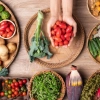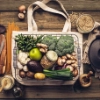Sustainable recipes: environmentally conscious and delicious cooking
Our eating and consumption habits influence our bodies and have a significant impact on the environment. Sustainable and climate-friendly recipes can make an important contribution to reducing environmental pollution. In this article, we explain how you can easily and effortlessly integrate sustainability into your everyday life and which sustainable recipes quickly and easily bring enjoyment into your daily eating habits.
Why are sustainable recipes important?
Good food makes us happy, healthy and can even contribute to a better future. With a sustainable diet, we set an example for a just and future-proof world. Buying the right foods, wasting less, paying attention to Fairtrade labels and giving priority to plant-based diets makes a difference to the nutritional situation worldwide.
